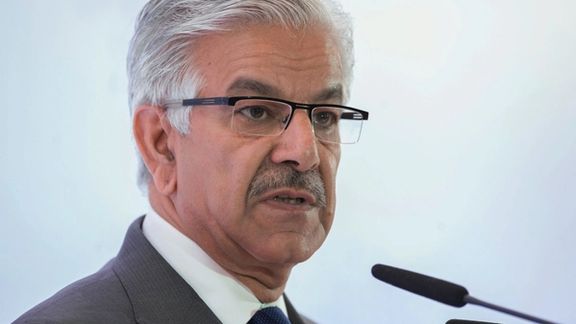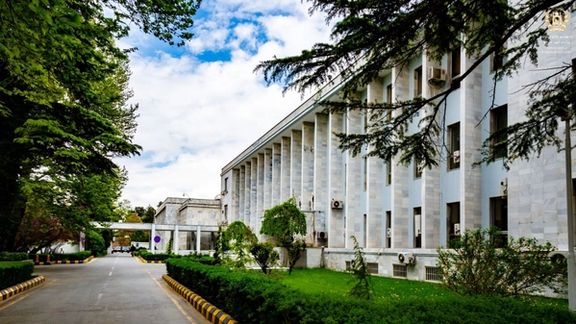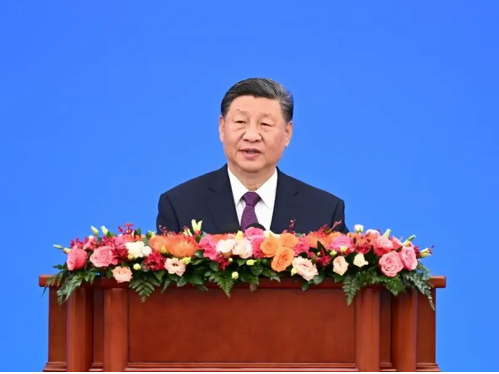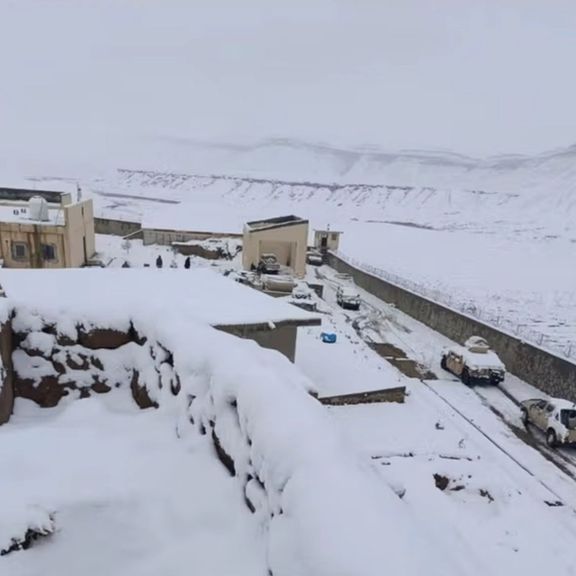Khorasani stated, "This is not an Islamic Emirate, but rather an ethnic Emirate of the Kandahari and Zadran tribes."
According to him, the Taliban do not value people, especially women, "even as much as an animal”.
In a message sent to Afghanistan International on Friday, Khorasani added that the Taliban leadership lacks a fair perspective and that "power is monopolised by a specific circle."
He claims that Taliban officials deceive the public through the media and secretly mock the people, looking at them "with contempt”.
Khorasani described the Taliban's behaviour as "foolish" and said that continuing this trend will lead to the destruction of the "Emirate of Pashtuns”.
He justified his remarks by stating that he has personally witnessed the Taliban's behaviour.
Khorasani believes that the presence of Tajik and Uzbek Taliban representatives, including Qari Fasihuddin, is "symbolic" and that they "lack authority”.
This disgruntled Tajik-origin Taliban commander claimed that, according to his information, Qari Fasihuddin, the Taliban’s chief of staff, is forbidden to leave the country, and his orders are not enforceable in the Ministry of Defense.
According to him, what the Taliban preach "is not Islam but the ignorance of a group of ignorant Pashtun tribesmen”.
This is not the first time Abdul Hamid Khorasani has accused the Taliban of ethnic favouritism and harshly criticised the group.
In June 2023, he had said, "I am humiliated and insulted more under the Taliban's rule than I was under the previous government."
So far, Taliban officials have not responded to Khorasani's statements.






